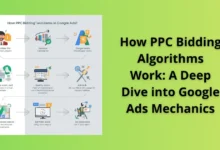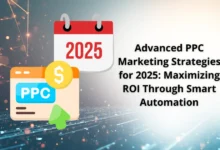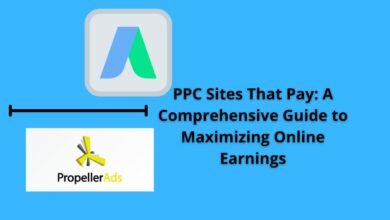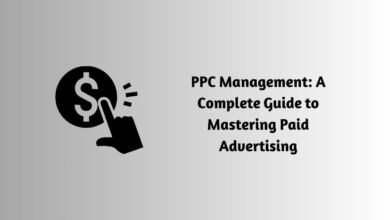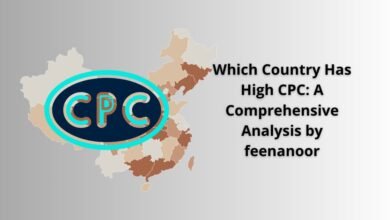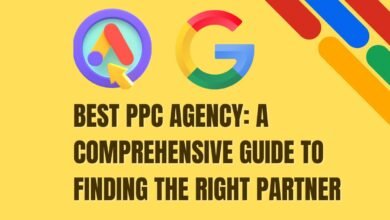Cost Per Click Ads: The Ultimate Guide for Modern Marketers
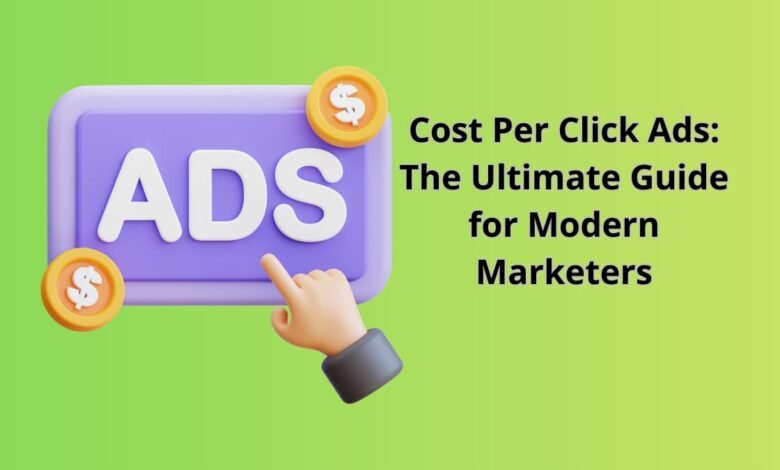
Cost Per Click Ads (CPC) are a fundamental pillar of modern digital marketing. They provide businesses with a measurable, results-oriented way to reach potential customers online. Unlike traditional advertising, where payment is fixed regardless of engagement, CPC allows advertisers to pay only when someone clicks on their ad. This performance-based model ensures that every advertising dollar is directly tied to user action, making it ideal for small businesses, startups, and large enterprises alike.
What Are Cost Per Click Ads?
CPC ads are a form of online advertising in which advertisers pay a fee each time their ad is clicked. These ads can appear on search engines (like Google or Bing), social media platforms (such as Facebook, Instagram, and LinkedIn), and other partner websites. The ads are typically targeted based on demographics, user interests, and search behavior, which increases the likelihood of conversion.
Key Advantages of CPC Ads:
- Performance-Based Payment: Advertisers only pay for actual clicks, not impressions.
- Immediate Traffic: CPC campaigns can generate visitors instantly, unlike SEO.
- Measurable ROI: Every click is tracked, making it easy to calculate the return on investment.
- Targeted Reach: Ads can be highly specific, reaching users most likely to convert.
How CPC Ads Work
- Keyword Bidding: On platforms like Google Ads, advertisers bid on keywords relevant to their business. Higher bids increase the chance of ad visibility.
- Quality Score: Platforms evaluate ads based on relevance, landing page experience, and expected click-through rates. High-quality ads often pay less per click than lower-quality ones.
- Ad Auction: CPC platforms use real-time auctions to determine which ads are displayed and in which positions.
- Payment: Advertisers are charged only when a user clicks the ad, not for impressions or views.
Benefits of Cost Per Click Advertising
- Budget Control: Advertisers can set daily or monthly limits, ensuring campaigns remain within financial constraints.
- Targeted Marketing: CPC allows for hyper-targeted campaigns, reaching users by location, demographics, interests, and device type.
- Flexibility: Campaigns can be quickly modified based on performance metrics, seasonal trends, or competitive shifts.
- Actionable Data: Detailed analytics provide insights into audience behavior, helping marketers refine strategies over time.
Advanced CPC Strategies for Maximum ROI
For marketers aiming to go beyond basic CPC campaigns, advanced strategies can significantly improve results:
1. Long-Tail Keywords
While short, generic keywords may have high competition and cost, long-tail keywords target niche audiences with specific intent. For example, instead of bidding on “running shoes,” an e-commerce brand might target “women’s trail running shoes under $100,” which often converts better and costs less.
2. Geo-Targeting
CPC ads can be refined by location to reach users in specific cities, regions, or countries. A local business, such as a bakery or fitness studio, benefits greatly from geo-targeted campaigns, reducing wasted clicks from irrelevant regions.
3. Remarketing Campaigns
Remarketing involves targeting users who previously visited a website but did not convert. CPC ads in remarketing campaigns are often cheaper per click and have higher conversion rates since the audience has already shown interest.
4. Dayparting
This strategy involves scheduling ads to appear at specific times of the day when target users are most active. For instance, a restaurant may run CPC ads for lunch specials between 10 a.m. and 2 p.m., optimizing ad spend for maximum impact.
5. Ad Extensions
Adding call extensions, sitelinks, or promotional offers enhances the visibility of CPC ads, often increasing click-through rates without significantly raising costs.
Tools to Optimize CPC Campaigns
Effective CPC campaigns rely on tools that provide insights, analytics, and performance tracking:
- Google Ads & Microsoft Advertising: Core platforms for search engine CPC campaigns.
- SEMrush & Ahrefs: Keyword research and competitive analysis tools.
- Google Analytics: Tracks conversions and user behavior.
- Hotjar & Crazy Egg: Analyze landing page performance to reduce bounce rates.
- Facebook Ads Manager: Optimizes CPC campaigns on social media platforms.
Common Challenges in CPC Advertising
Despite its advantages, CPC advertising poses several challenges:
- High Competition for Popular Keywords: Driving up costs and reducing ROI.
- Click Fraud: Competitors or bots may generate fake clicks, draining budgets.
- Ad Fatigue: Users may ignore repetitive ads, lowering performance over time.
- Landing Page Quality: Poorly designed or slow-loading pages can reduce conversions, wasting ad spend.
Real-Life Examples of Successful CPC Campaigns
Example 1: E-Commerce Retailer
A retailer selling eco-friendly home goods used CPC campaigns targeting “sustainable home products” and “eco-friendly gifts.” By creating compelling ad copy with special offers, they achieved a 35% increase in sales within three months, paying only for engaged users who clicked the ads.
PPC Management: A Complete Guide to Mastering Paid Advertising
Example 2: Local Service Provider
A fitness studio launched a geo-targeted CPC campaign promoting “morning yoga classes in New York.” By narrowing the audience to nearby users and using remarketing for previous visitors, the studio increased class bookings by 50% without exceeding its ad budget.
Example 3: SaaS Company
A software company targeting “project management tools for small businesses” used long-tail keywords and ad extensions to highlight free trials. The CPC campaign generated high-quality leads, leading to a 40% increase in conversions compared to generic keyword campaigns.
Measuring and Improving CPC Performance
Key metrics for CPC campaign evaluation include:
- Click-Through Rate (CTR): Measures how many users clicked the ad versus how many saw it.
- Conversion Rate: Tracks the percentage of clicks leading to a desired action, like purchase or signup.
- Cost Per Conversion: Calculates the total spend divided by the number of conversions.
- Quality Score: Indicates ad relevance and landing page quality; higher scores reduce CPC.
- Return on Ad Spend (ROAS): Measures revenue generated per dollar spent on ads.
Marketers can improve performance by regularly A/B testing ad copy, optimizing landing pages, and adjusting bids based on real-time analytics.
Cost Per Click ads provide marketers with a powerful, data-driven method to drive traffic, generate leads, and increase conversions. While challenges like click fraud, competition, and ad fatigue exist, strategic planning, advanced targeting, and continuous optimization can maximize ROI. Businesses that leverage CPC effectively gain measurable results, improved visibility, and a competitive edge in the digital marketplace.
For companies of all sizes, mastering CPC advertising is no longer optional—it is a critical component of a modern, results-focused marketing strategy.
Frequently Asked Questions (FAQ)
1. What is the main benefit of CPC advertising?
CPC advertising allows you to pay only for users who engage with your ad, ensuring cost-effective marketing.
2. How do platforms determine CPC rates?
CPC rates are influenced by keyword competition, ad relevance, quality score, and the platform’s auction system.
3. Can small businesses effectively use CPC ads?
Yes, small businesses can target specific audiences with smaller budgets while achieving meaningful results.
4. How can click fraud be minimized?
By using fraud detection tools, monitoring unusual traffic, and setting IP or device restrictions.
5. What is the difference between CPC and CPM advertising?
CPC charges per click, whereas CPM (Cost Per Mille) charges per 1,000 ad impressions, regardless of engagement.
6. Which industries benefit most from CPC campaigns?
E-commerce, local services, SaaS, online education, and travel industries often see high ROI from CPC campaigns due to targeted audience engagement.
Discover more from Feenanoor
Subscribe to get the latest posts sent to your email.
